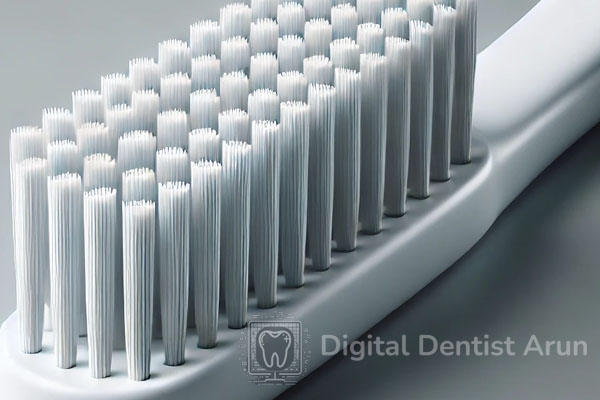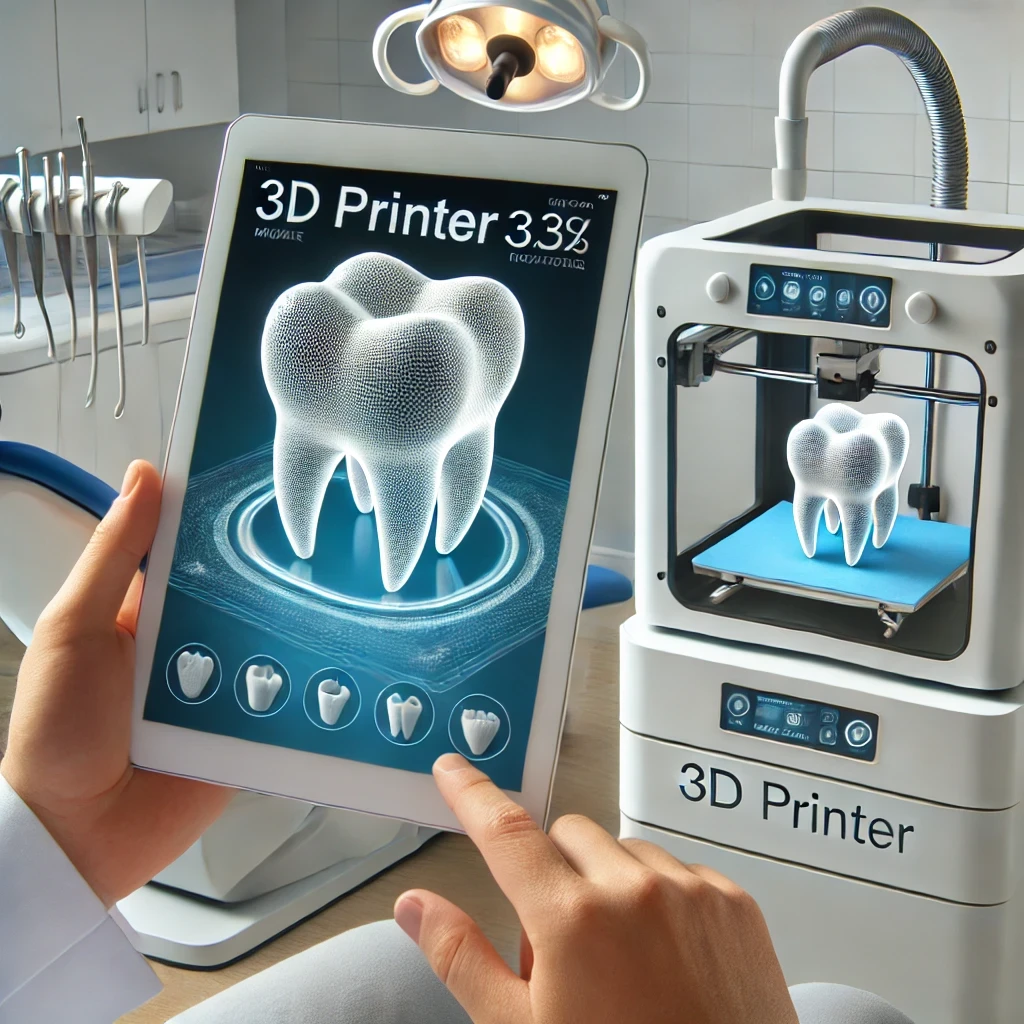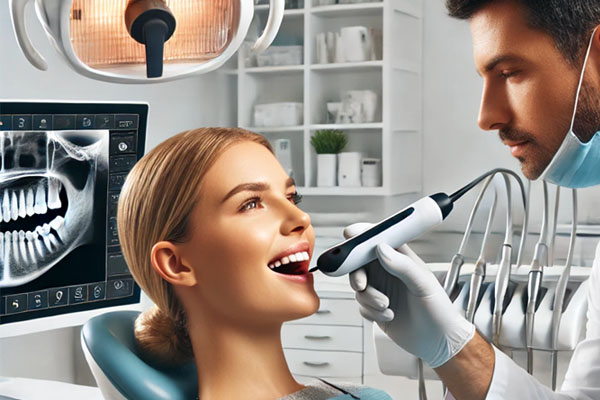Toothbrush technology has evolved significantly over the years, especially when it comes to the materials used in bristles. With so many different options available, it’s essential to understand the advantages and drawbacks of each bristle type. This knowledge can help you choose the best option for your oral hygiene needs. In this article, we will explore the innovations in toothbrush bristles, focusing on three popular types: natural bristles, nylon bristles, and charcoal-infused bristles.
1. Natural Toothbrush Bristles
Natural toothbrush bristles were among the first to be used, typically made from animal hair such as pig or boar bristles. Today, many modern natural bristles are created from plant-based materials like bamboo fibers. These bristles are biodegradable, making them an eco-friendly alternative to synthetic options.
Benefits of Natural Bristles:
- Eco-friendly: Natural bristles decompose much more easily than synthetic alternatives, which is great for environmentally conscious consumers.
- Gentle on Gums: These bristles are typically softer, making them a good option for people with sensitive gums.
- Chemical-Free: Natural bristles don’t contain the chemicals or synthetic materials found in some plastic-based bristles.
Drawbacks of Natural Bristles:
- Durability: Natural bristles may wear out faster than synthetic ones, requiring more frequent replacement.
- Bacterial Growth: Because they are made from organic material, natural bristles can sometimes harbor bacteria if not properly dried after use.
For those looking to minimize their environmental impact, natural toothbrush bristles are a solid choice, though they may require extra care and attention to avoid bacterial growth.

2. Nylon Toothbrush Bristles
Nylon bristles are the most common type of bristle found in modern toothbrushes. Nylon was introduced as a toothbrush bristle material in the 1930s, revolutionizing oral hygiene with its durability and versatility. Today, these bristles come in various levels of stiffness, including soft, medium, and hard.
Benefits of Nylon Bristles:
- Durability: Nylon bristles are strong and long-lasting, meaning they can withstand extended use without losing shape.
- Variety: Nylon bristles are available in different textures and stiffness levels, offering options for different brushing needs.
- Effective Cleaning: Nylon bristles are effective at removing plaque and food particles, especially in hard-to-reach areas of the mouth.
Drawbacks of Nylon Bristles:
- Not Biodegradable: Nylon bristles are plastic-based and do not decompose, making them less environmentally friendly.
- Potential for Gum Damage: Hard nylon bristles, in particular, can be too harsh on the gums, potentially leading to irritation or enamel damage if used aggressively.
For most people, nylon bristles are an affordable and reliable choice that offers effective cleaning. However, users should be cautious about using too much pressure, particularly with medium or hard nylon bristles.
3. Charcoal-Infused Toothbrush Bristles
Charcoal toothbrush bristles are a recent innovation that has quickly gained popularity. These bristles are typically nylon-based but infused with activated charcoal, which is known for its natural detoxifying and whitening properties.
Benefits of Charcoal Bristles:
- Whitening Properties: Charcoal is known to help remove surface stains on teeth, which can contribute to a brighter smile over time.
- Antibacterial: Charcoal has natural antibacterial properties, which may help to reduce bacteria buildup on the bristles between uses.
- Detoxification: Some believe that charcoal helps draw out toxins from the mouth, promoting overall oral health.
Drawbacks of Charcoal Bristles:
- Abrasiveness: Some studies suggest that charcoal-infused bristles can be too abrasive on the enamel, potentially leading to wear if used too aggressively.
- Short-Term Whitening: While charcoal bristles may help remove surface stains, they are not a replacement for professional teeth whitening treatments.
Charcoal-infused toothbrush bristles offer a unique approach to oral care, combining the benefits of traditional nylon with the detoxifying properties of charcoal. However, users should be cautious about their potential abrasiveness and use them with care.
Which Toothbrush Bristle Type is Best for You?
Choosing the right toothbrush bristle type largely depends on your personal oral health needs and environmental concerns. For those seeking a more sustainable option, natural bristles made from plant fibers are a great eco-friendly choice, though they may require more careful maintenance. If you prioritize durability and variety, nylon bristles are an excellent all-around option for effective daily cleaning. For those looking to enhance their whitening routine, charcoal-infused bristles offer additional detoxifying benefits, though they should be used cautiously to avoid enamel damage.
In conclusion, each type of toothbrush bristle offers distinct advantages and disadvantages, making it essential to choose the one that best aligns with your needs. Always consult your dentist if you’re unsure which type of bristle is best for your specific oral health situation.

